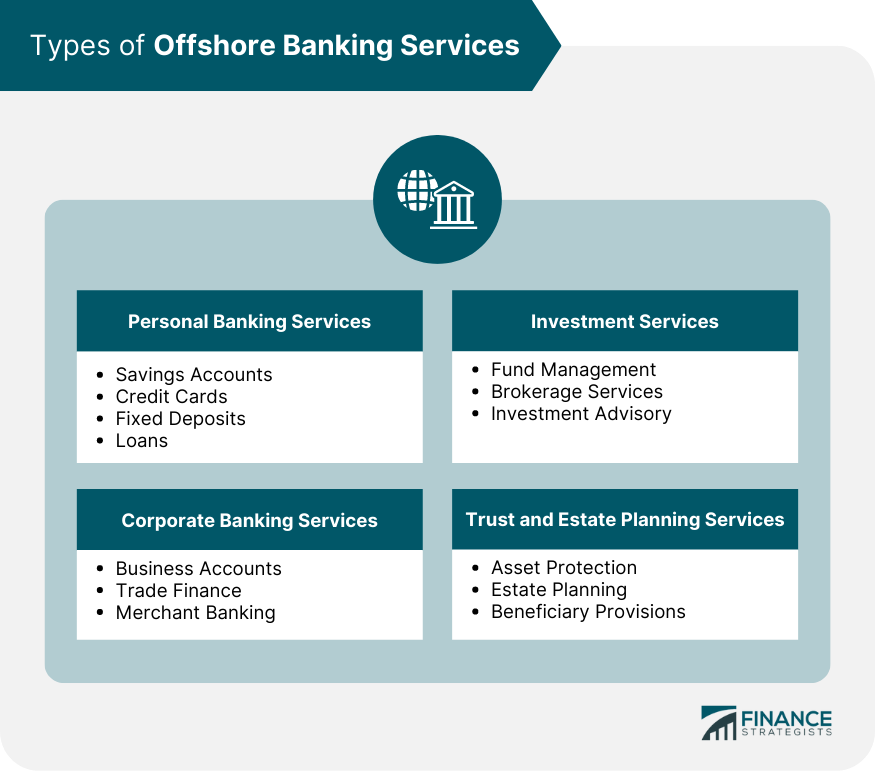Offshore Company Formation: Professional Tips and Insights
Offshore Company Formation: Professional Tips and Insights
Blog Article
Recognizing the Lawful Ramifications of Offshore Company Formation

Lawful Framework for Offshore Business
When developing an offshore business, comprehending the legal structure governing its development and procedure is important for conformity and danger administration. Offshore firms run under particular legislations and laws that differ from those of onshore entities. The lawful structure for offshore companies normally includes stipulations for firm enrollment, shareholder needs, director obligations, and tax obligations.
Company enrollment entails sending the needed documents to the ideal governing authorities in the chosen territory. This procedure commonly requires detailed information regarding the business's structure, shareholders, and intended activities. In addition, offshore firms should stick to particular investor requirements, such as maintaining a register of shareholders and maintaining this details approximately date.
Supervisors of overseas firms have fiduciary obligations to act in the very best rate of interests of the company and its investors. They are in charge of overseeing the company's operations, making certain compliance with all appropriate laws, and managing threats effectively. Understanding the tax obligation responsibilities of an overseas company is crucial to stay clear of any type of potential lawful issues. By adhering to the lawful structure governing offshore firms, businesses can operate with confidence while lessening lawful risks.


Tax Ramifications and Regulations
Comprehending the tax obligation implications and regulations is critical when considering the establishment and operation of an offshore business. Offshore firms are usually subject to favorable tax obligation regimens, providing lowered or zero tax obligation prices on foreign-earned revenue.
Tax obligation guidelines for overseas companies vary significantly throughout territories, and it is crucial to look for experienced guidance to comprehend the specific requirements and responsibilities. Failing to adhere to tax obligation regulations can cause extreme effects, consisting of substantial penalties, reputational damage, and also legal action. In addition, offshore jurisdictions may have reporting commitments to divulge financial details to relevant authorities. Thorough expertise of tax legislations and guidelines, as well as appropriate tax obligation preparation, are vital to make certain the effective and certified procedure of an offshore company.
Compliance Demands and Reporting
Ensuring conformity with regulative demands and maintaining accurate reporting are essential aspects of handling an overseas company effectively and transparently. Offshore firms have to adhere to the legislations and policies of both the jurisdiction in which they are click here to find out more integrated and any other pertinent territories where they carry out service.
In addition to regulatory conformity, offshore business are often based on reporting requirements to make certain transparency and protect against unlawful tasks such as cash laundering or tax evasion. Reporting obligations might include revealing details about the firm's ownership structure, monetary activities, and beneficiaries. This details might require to be shown to governing bodies, tax authorities, or various other governmental companies, depending upon the jurisdiction.
Keeping accurate and thorough records is important for demonstrating conformity and replying to any type of queries or audits effectively. Offshore business must carry out durable coverage systems and internal controls to ensure that they meet all legal demands and operate with honesty.
Property Protection and Personal Privacy Rules
In the world of offshore firm development, a crucial consideration is the interaction between asset protection methods and personal privacy laws. By structuring assets within an offshore company, individuals can guard their riches and diversify their holdings across various lawful structures. Ultimately, understanding the complex partnership in between possession security strategies and personal privacy laws is extremely important when considering overseas business development.
Threats and Difficulties to Take into consideration
When venturing into offshore company development, sensible consideration of prospective risks and obstacles is crucial for educated decision-making and tactical preparation. Furthermore, political instability or adjustments in offshore territories can posture a threat to the continuity of procedures and the security of assets held by the overseas company.
Difficulties might also develop worrying the intricacy of offshore company structures and the demand for experienced lawful and financial advice to browse the intricate governing structures of various territories (offshore company formation). Keeping compliance with differing worldwide laws and guidelines, in addition to possible language barriers and social distinctions, can even more complicate the overseas business formation procedure. It is critical to be knowledgeable about these dangers and challenges prior to proceeding with offshore business development to minimize prospective challenges and ensure a smooth and legitimately sound facility
Conclusion
In conclusion, overseas business development involves browsing complicated legal structures, tax obligation ramifications, compliance requirements, and privacy laws. Comprehending these elements is vital for Read Full Article mitigating obstacles and dangers related to overseas service operations. It is essential for organizations and check this site out individuals thinking about offshore company development to look for professional support to make sure compliance with laws and to shield their properties successfully.
The lawful structure for overseas firms typically consists of stipulations for business registration, investor demands, director responsibilities, and tax responsibilities.
Supervisors of overseas business have fiduciary obligations to act in the ideal passions of the business and its investors. By sticking to the legal framework controling offshore companies, businesses can operate with confidence while minimizing legal threats.
In addition, political instability or modifications in offshore territories can present a threat to the continuity of operations and the defense of properties held by the overseas company. - offshore company formation
In final thought, offshore firm formation includes navigating complicated lawful frameworks, tax implications, conformity needs, and personal privacy laws.
Report this page